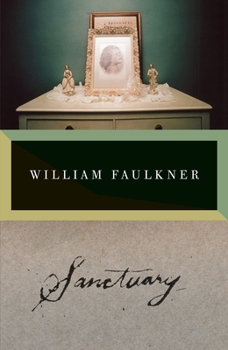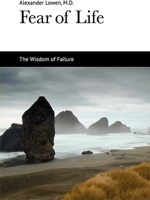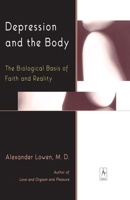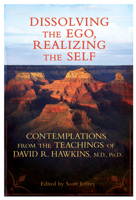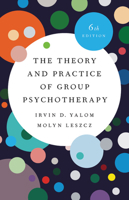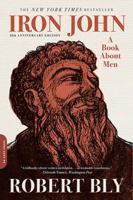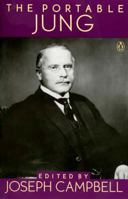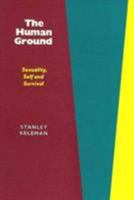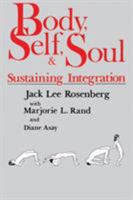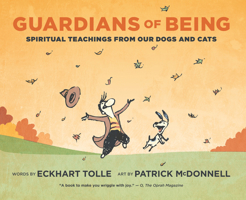Sanctuary
Select Format
Select Condition 
Book Overview
You Might Also Enjoy
Customer Reviews
Rated 5 starsThe greatest book from Alexander Lowen.
All of Lowen's books are a MUST for anyone interested in health, freedom and emotional vitality, but The Spirtualiity of the Body is for me his greatest. I consider it one of the most important books of the 20th century. This may sound overblown, but if you really understand this book it will transform your life. It offers real solutions to a deteriorating society. Lowen's writing style reaches its most beautiful level...
2Report
Rated 5 starsAlexander Lowen's bioenergetic spirituality
This latest of Lowen's books revisits the theme he covered earlier in "Depression and the Body," by with the added benefit of many more years of therapeutic practice. This book is another small miracle for those interested in the life and emotions of the human body -- I have begun to follow the exercises Lowen recommends, with very positive results. The only drawback of the book is the deep sadness reading it engendered...
2Report











